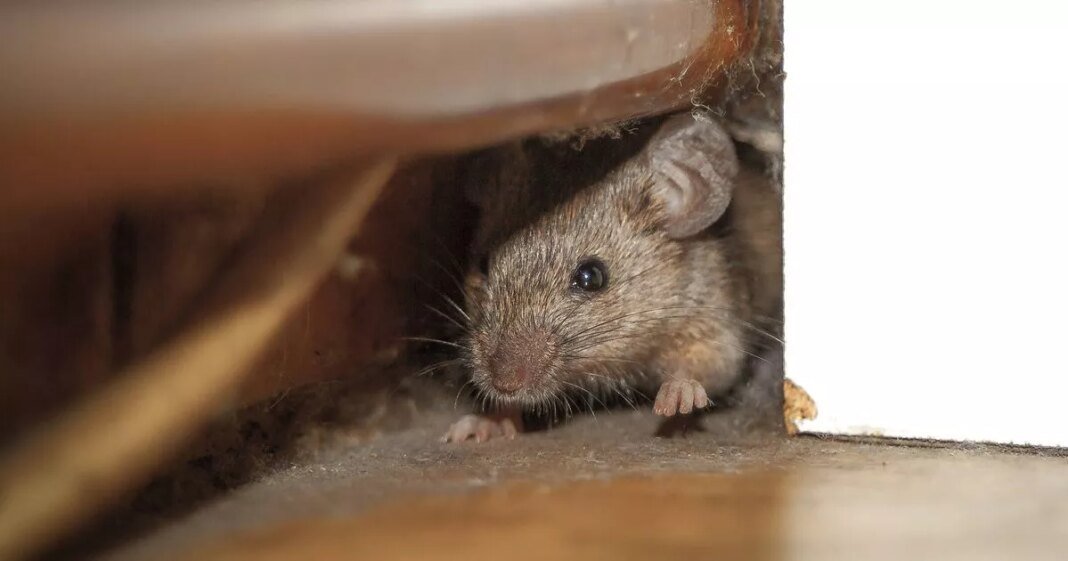As the seasons change, residents in the UK may face the risk of unwelcome intruders entering their homes. Rodents are known to seek shelter, warmth, and food indoors during colder months, often sneaking through small gaps undetected. John Stewart, a specialist from Pelsis UK, warns that mice are a major concern in winter as they look for a safe haven inside residential properties.
These pests not only pose health risks by transmitting diseases but also cause structural damage by chewing on cables, insulation, and wooden structures, potentially leading to electrical hazards and costly repairs. Taking proactive measures to prevent mice from entering the premises is crucial to avoid extensive harm. Early detection of mouse infestations is key to addressing the issue promptly.
Stewart advises homeowners to watch out for droppings, gnaw marks, and nesting materials as signs of mice presence. Common hiding spots for rodents include attics, kitchen units, and behind appliances. Checking for tiny openings where mice could enter, such as kitchen kick plates and electrical cupboards, is essential to prevent further damage. Immediate action is necessary if mice are already inside the property to minimize any additional destruction.
Various methods can be employed to deal with rodents, ranging from humane live-catch traps to traditional traps for swift results. Implementing indoor deterrents that emit high-frequency sounds unpleasant to rodents but inaudible to humans can help keep them away without causing harm. Additionally, eliminating accessible food sources by storing food in sealed containers, placing rubbish bags in secure bins, and securing all food items is vital to prevent infestations.
To safeguard against rodent invasions, it is essential for homeowners to take preventive steps and maintain a clean environment. By following these recommendations, individuals can protect their homes from potential rodent issues during the colder months.



